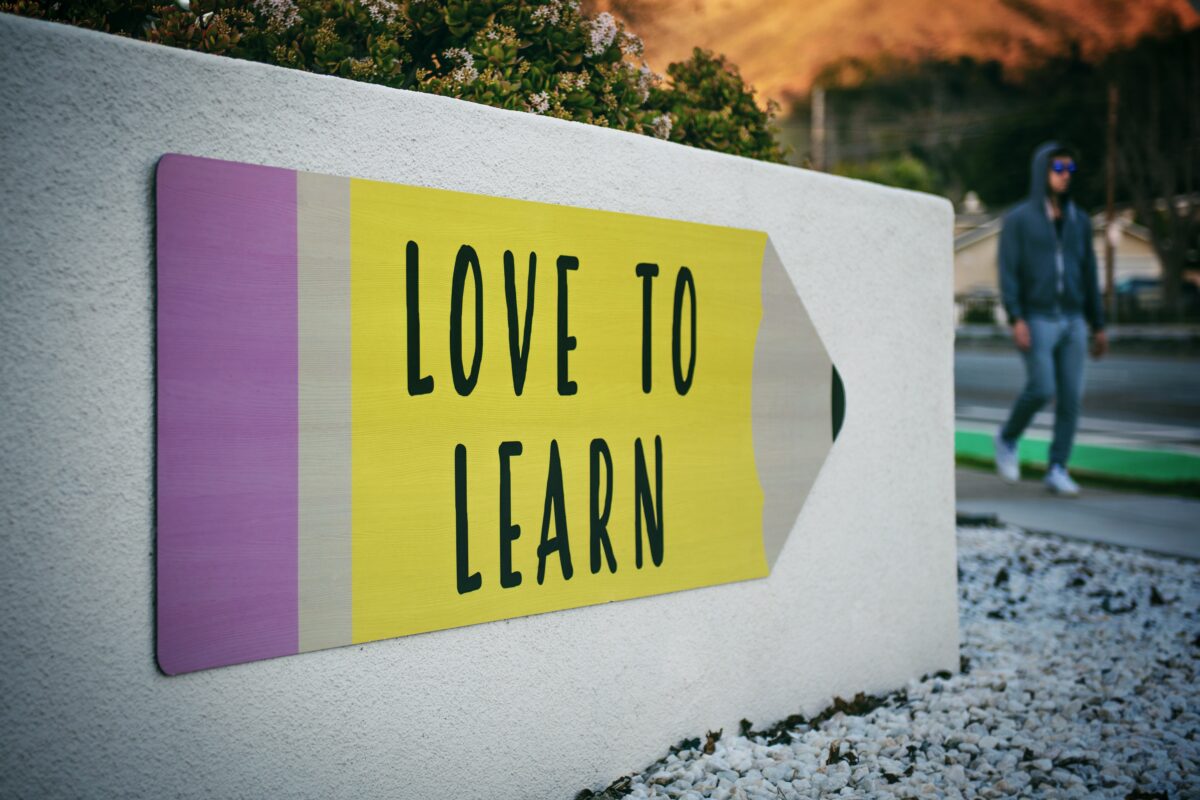Ready for episode 11 of the WellBe Video Series?
We recently had the pleasure of interviewing Dinka Ahmic, a colleague from the coaching and training community, as part of our Wellbe project. Dinka has 15 years of experience working in the context of the Public Employment Service of Austria, specifically with unemployed individuals, as a group trainer and empowerment coach. In the interview, Dinka sheds light on the unique challenges and particularities of coaching in this area.
One key particularity in this type of coaching is that it often involves job-seeking individuals who are not necessarily voluntary participants. Many of them come with hesitations, scepticism, and preconceived notions, making it crucial for coaches to build trust and create a safe environment. Dinka emphasises the importance of honesty, empathy, and using her own life experiences to connect with clients who may feel like they are in a hopeless situation.
She also addresses the various obstacles that unemployed individuals may face and she believes in being a guide to help clients become aware of these challenges and find professional help when needed. The joy she feels when hearing from grateful participants is a testament to her dedication and effectiveness as a coach. Dinka’s superpower lies in her ability to understand the unique struggles faced by her clients, as she was a war refugee and single mother.
Let her expertise motivate and inspire us in our professional lives.
To hear more inspiring stories and gain further insights from Dinka, we highly recommend watching the full interview here:
https://www.youtube.com/watch?v=deRb2aRdRhg



